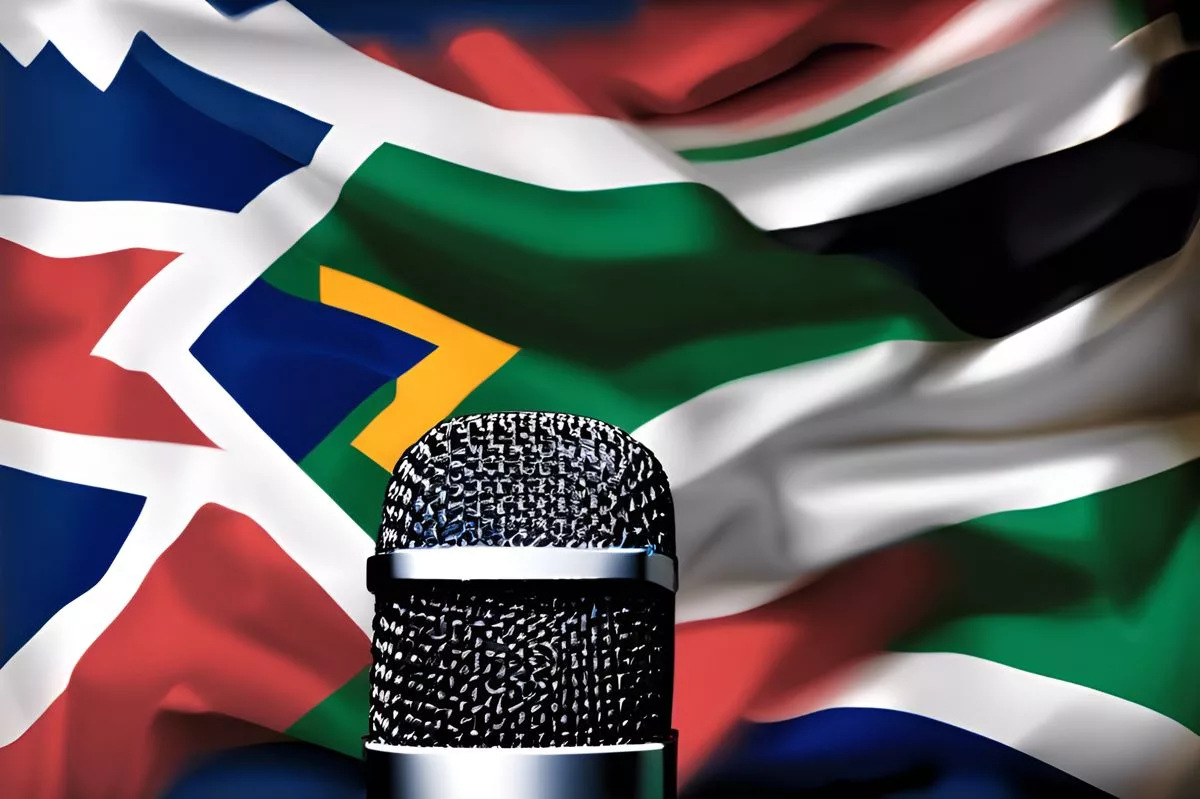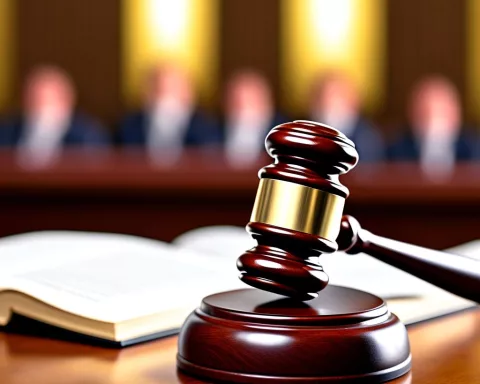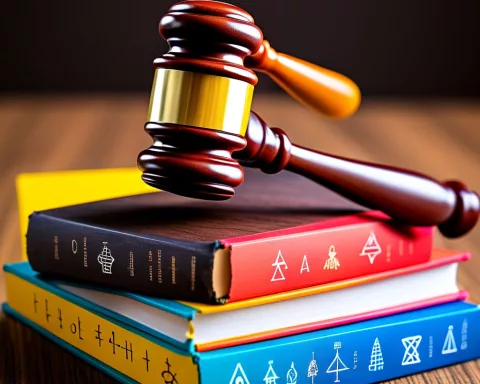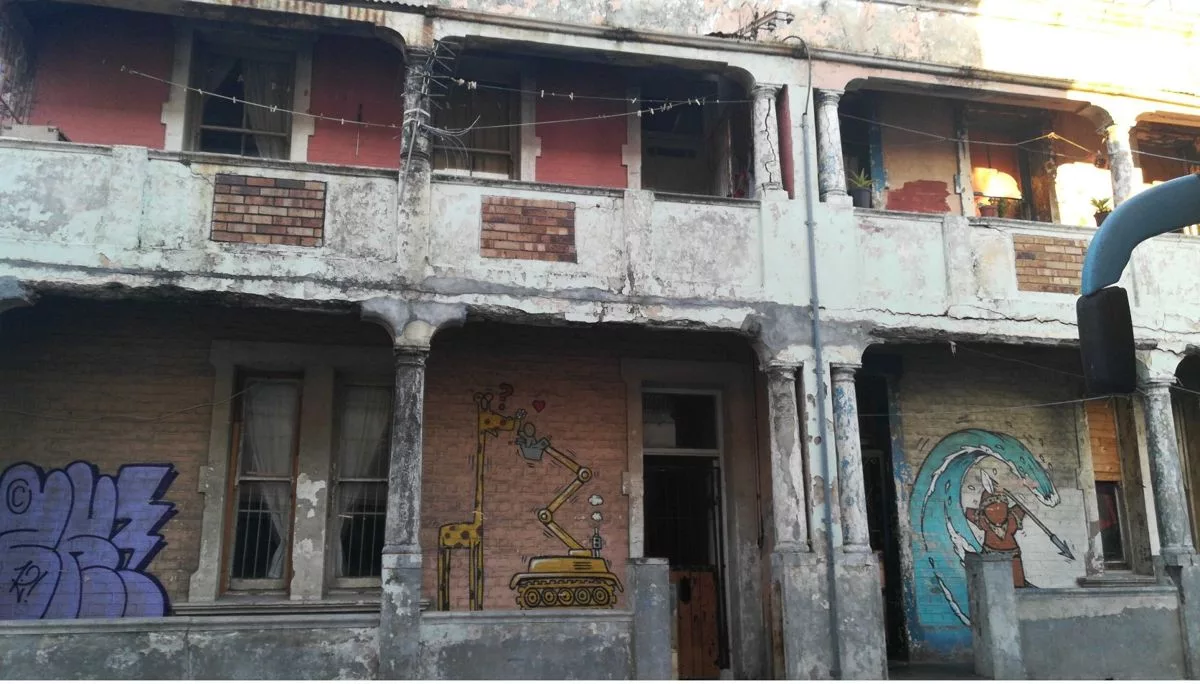The South African Parliament is a hub of engagement, scrutiny, and discussion, with a variety of committee meetings, debates, and dialogues covering topics ranging from social services to peace and security. This system reflects the vibrancy of democracy in South Africa, ensuring government accountability to its citizens. The week’s proceedings included updates on ongoing extortion threats, responses to oral questions on social services, and peace and security cluster ministries addressing queries. With forty-two committee meetings addressing crucial issues, the parliamentary system serves the nation’s people and ensures executive responsibility.
What Happens During South African Parliamentary Proceedings?
The South African Parliament engages in a variety of committee meetings, debates, and dialogues where matters of public importance are addressed. These sessions cover topics ranging from social services to peace and security, with the aim of upholding executive responsibility and ensuring government accountability to its citizens. The system reflects the vibrancy of democracy in South Africa.
For the past week, the South African Parliament, the nation’s democratic pulse, has been a hub of engagement, scrutiny, and discussion. Returning to the spotlight, Deputy President Mr. Paul Mashatile took the stage at the National Assembly (NA) at 2 pm on Thursday, addressing concerns raised by the Parliament members. His attendance at the assembly is part of the parliamentary tools used to uphold executive responsibility.
Engaging Dialogue and Critical Actions
Opening the week’s proceedings, Police Minister, Mr. Senzo Mchunu, addressed the NA at the same hour on Tuesday. He provided updates on the actions taken by the South African Police Services to confront the ongoing extortion threats plaguing the nation. This offered an insight into the tireless efforts and unwavering dedication of the police force, despite the escalating challenges they encounter.
On Wednesday at 3 pm, the Social Services Cluster presented responses to oral questions before the assembly. Comprising of ministers in charge of various national departments such as Basic Education, Health, Higher Education, Human Settlements, Social Development, Sport, Arts and Culture, and Water and Sanitation, this session emphasized the value of these crucial social services in preserving our society’s fabric and ensuring the well-being of its inhabitants.
Maintaining Peace and Security
Simultaneously, the Peace and Security Cluster Ministries were busy responding to queries from the Permanent Delegates of the National Council of Provinces. Running from Tuesday to Thursday at 2 pm, these sessions covered a range of topics from the National Department of the South African Police Services and Defence and Military Veterans to Justice and Constitutional Development, Correctional Services, and International Relations and Cooperation, showcasing the diverse and interconnected aspects of peace and security in the nation.
An impressive forty-two committee meetings of both Houses were also planned for this week, addressing a plethora of issues vital to the nation’s development. These meetings varied, including briefings by the National Skills Fund and the National Student Financial Aid Scheme on the state of skill development and financial aid in the nation, to discussions on Constitutional, Procedural and Substantive matters related to the invocation of section 139 of the constitution in Zululand Local Municipality.
Addressing Matters of Public Importance
Friday’s proceedings stood out with virtual mini-plenary sessions running from 10 am, sponsored by the Democratic Alliance, Economic Freedom Fighters, and the uMkhonto weSizwe Party. These debates addressed matters of national public significance and provided a forum for energetic discussions and diverse perspectives.
As we dive deeper into these committee meetings, we find a rich mosaic of governance and oversight. For instance, the Powers and Privileges Committee dealt with issues related to the Chairperson’s election, while the Standing Committee on Public Accounts examined developments concerning the Annual Report. The Portfolio Committee on Transport received a briefing on the South African National Roads Agency Limited’s Annual Performance Plan.
Committees in Review
The Portfolio Committee on Tourism assessed performance reports, and the Portfolio Committee on Agriculture deliberated on master plans for Poultry, Sugar, and Geoprocessing. Additionally, the Select Committee on Education, Sciences, and Creative Industries reviewed the Department of Sport, Arts, and Culture’s Annual Performance Plan and Budget Vote.
In the Select Committee on Cooperative Governance and Traditional Affairs, and Public Administration, constitutional and procedural matters were examined, and responses by the Department of Water and Sanitation, Department of Human Settlements, and Department of CoGTA were reported.
Concluding Thoughts
These meetings, debates, and dialogues are the threads that make up the intricate fabric of the South African parliamentary system. This system, with its checks and balances, scrutiny and oversight, ensures that the government’s executive arm remains accountable and responsive to its citizens’ needs. It is a dynamic system that reflects the vibrant democracy that South Africa embodies today. As we anticipate the upcoming week, we are once more reminded of how this complex and diverse parliamentary system serves our nation’s people.
1. What topics are covered during South African parliamentary proceedings?
During South African parliamentary proceedings, a variety of committee meetings, debates, and dialogues are held to address matters of public importance. These sessions cover topics ranging from social services to peace and security, with the aim of upholding executive responsibility and ensuring government accountability to its citizens.
2. Who attends the South African parliamentary proceedings?
Members of parliament attend the South African parliamentary proceedings, along with various ministers in charge of national departments. The Deputy President and Police Minister have also attended recent sessions.
3. What happened during the recent parliamentary proceedings?
During the recent parliamentary proceedings, updates were provided on ongoing extortion threats, responses were given to oral questions on social services, and the Peace and Security Cluster Ministries addressed queries. There were also forty-two committee meetings addressing crucial issues, and virtual mini-plenary sessions sponsored by different political parties.
4. What is the purpose of the South African parliamentary system?
The South African parliamentary system exists to ensure government accountability to its citizens. It incorporates a system of checks and balances, scrutiny, and oversight to ensure that the executive arm of the government remains responsive to the needs of the people.
5. Who is responsible for executive responsibility in South Africa?
In South Africa, the executive arm of the government is responsible for executive responsibility. This includes the President, Deputy President, and various ministers in charge of national departments.
6. What topics were discussed in recent committee meetings?
Recent committee meetings addressed a range of issues vital to the nation’s development. These included briefings on the state of skill development and financial aid in the nation, discussions on constitutional and procedural matters related to the invocation of section 139 of the constitution in Zululand Local Municipality, and master plans for Poultry, Sugar, and Geoprocessing.












